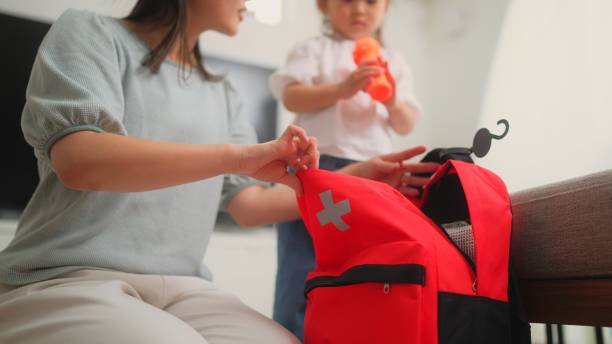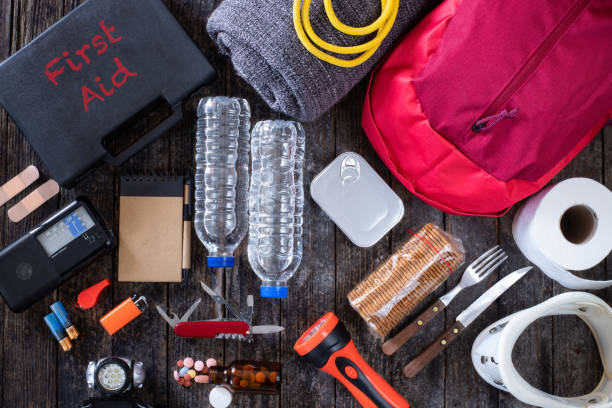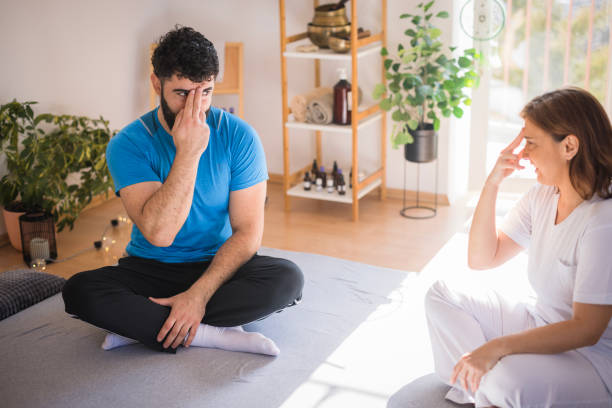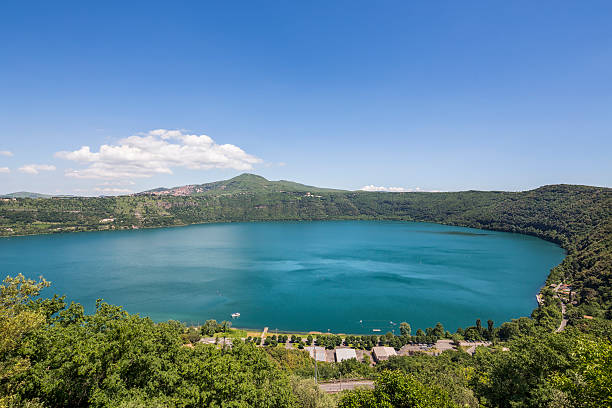Earthquake Ready: Your Friendly Guide to Staying Safe
Simple Steps to Protect Yourself Before, During, and After an Earthquake.

Okay, let's talk about earthquake safety in a way that feels less like a textbook and more like a friendly chat. Earthquakes are scary, no doubt about it, but there are things we can do to make ourselves safer.

Think Ahead, Like a Scout:
- Make a "Go Bag": Imagine you have to leave your house right now. What would you need? Water, snacks that don't spoil, a flashlight, a first-aid kit, copies of important documents, maybe a warm blanket. Put it all in a bag, and keep it somewhere easy to grab.

- Know Your House: Look around your house. What could fall on you? Heavy shelves? Big mirrors? Attach them to the walls! And put heavy stuff on the bottom shelves, not the top.
- Family Plan: Talk to your family. Where will you meet if you get separated? How will you contact each other if your phones don't work? Practice this plan!
- Turn Off the Utilities: Learn how to turn off your gas, water, and electricity. If there's a leak after an earthquake, you'll be glad you know how.

When the Shaking Starts:
- "Drop, Cover, and Hold On": This is your best friend. Get under something sturdy, like a table, and hold on tight. If you can't find a table, get against an inside wall and cover your head.
- Stay Away From Windows: Glass shatters, and you don't want to be near it.
- If You're Outside: Get to an open area, away from buildings and power lines.
- If You're in a Car: Pull over somewhere safe and stay inside until the shaking stops.
After the Shaking Stops:

- Be Careful: There might be aftershocks, which are smaller earthquakes that follow the big one.
- Check for Injuries: Help anyone who needs it.
- Look for Damage: Are there cracks in the walls? Do you smell gas? If you see or smell anything dangerous, get out of the house.
- Listen to the Radio: A battery-powered radio will give you important information.
- Don't Go Sightseeing: Stay away from damaged areas. They could be dangerous.
The most important thing is to be prepared. Earthquakes can happen anytime, so the better prepared we are the better our chances of staying safe.5








































































































































































































